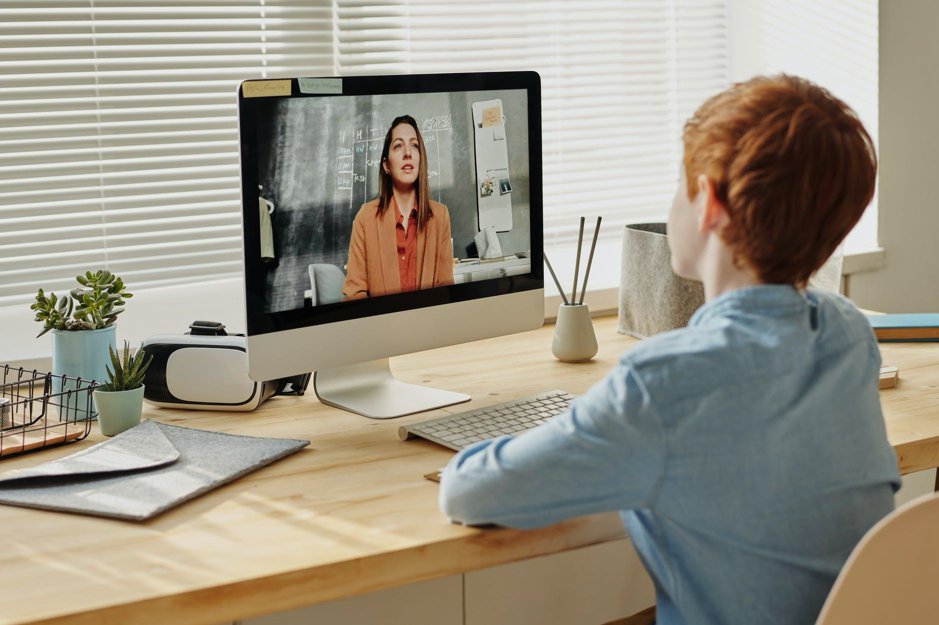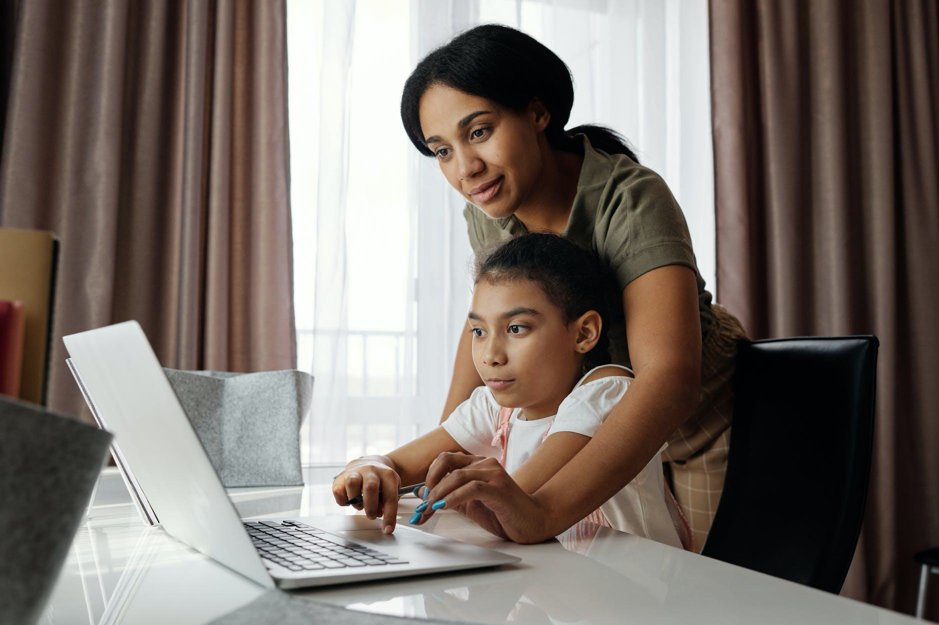The internet provides a wealth of information. It allows kids to learn, talk to their friends, and play games. Sadly, it is also exploited by predators, cybercriminals, and other malicious users. To stay safe online, your kids must be aware of the dangers.
Kids do not always care about the consequences of their actions online. They may share too much personal information, become targets of cyberbullying or stalking, etc. Using an iPhone parental control app, you can eliminate most of these dangers. However, smartphones are not the only internet-connected devices. Here are the main things to teach your kids.
What Online Dangers Are There?
Your kids must be able to identify different types of inappropriate or dangerous content. From pornography to obscene language to harassment, they should be able to make smart decisions and stay safe. This includes cyberattacks through malware, viruses, and phishing.
At the same time, you should explain to your kids that spending too much time in front of a computer can damage their eyes, cause wrist strain, and other injuries. It may also cause internet addiction.
Dangerous Places on the Internet
The risks are not limited to malicious websites. They can lurk in online communities, chat rooms, on social media.
- A cyberbully or criminal may contact them via instant messaging.
- Cyberbullying may also happen in built-in chats for computer games.
- Your kid may receive unwanted text messages.
- Software download files may contain viruses or malware.
- On social media, they should not share any information that may harm their own reputation or the reputation of somebody else.
General Guidelines
Preventing all kinds of online threats is next to Impossible, but parents should do their best. Note that parental controls on the laptop at home will not stop your kids from using other devices to browse the internet. Teach them to make the right decisions when you are not around. Learn as much as possible about the internet and do the following:
- Set guidelines for what is allowed and not allowed online, so your kids know what you expect from them.
- Teach them to keep all personal data private. They must know that posting phone numbers, credit cards or addresses online is out of the question, as criminals may use this information to harm your family.
- Explain the rules for social networking safety. Even when your kids share information with their friends, they must understand that it may still get into the wrong hands. They must not post anything they would not be comfortable with everyone in the world seeing.
- Encourage the kids to inform you about any troubles they encounter online, whether it is a malicious site or a cyberbully.
Internet Safety at Home
Place the computer in a common area like the living room. Install reliable antivirus software, and use a kid-friendly search engine that will block inappropriate content.
 .
.  .
.